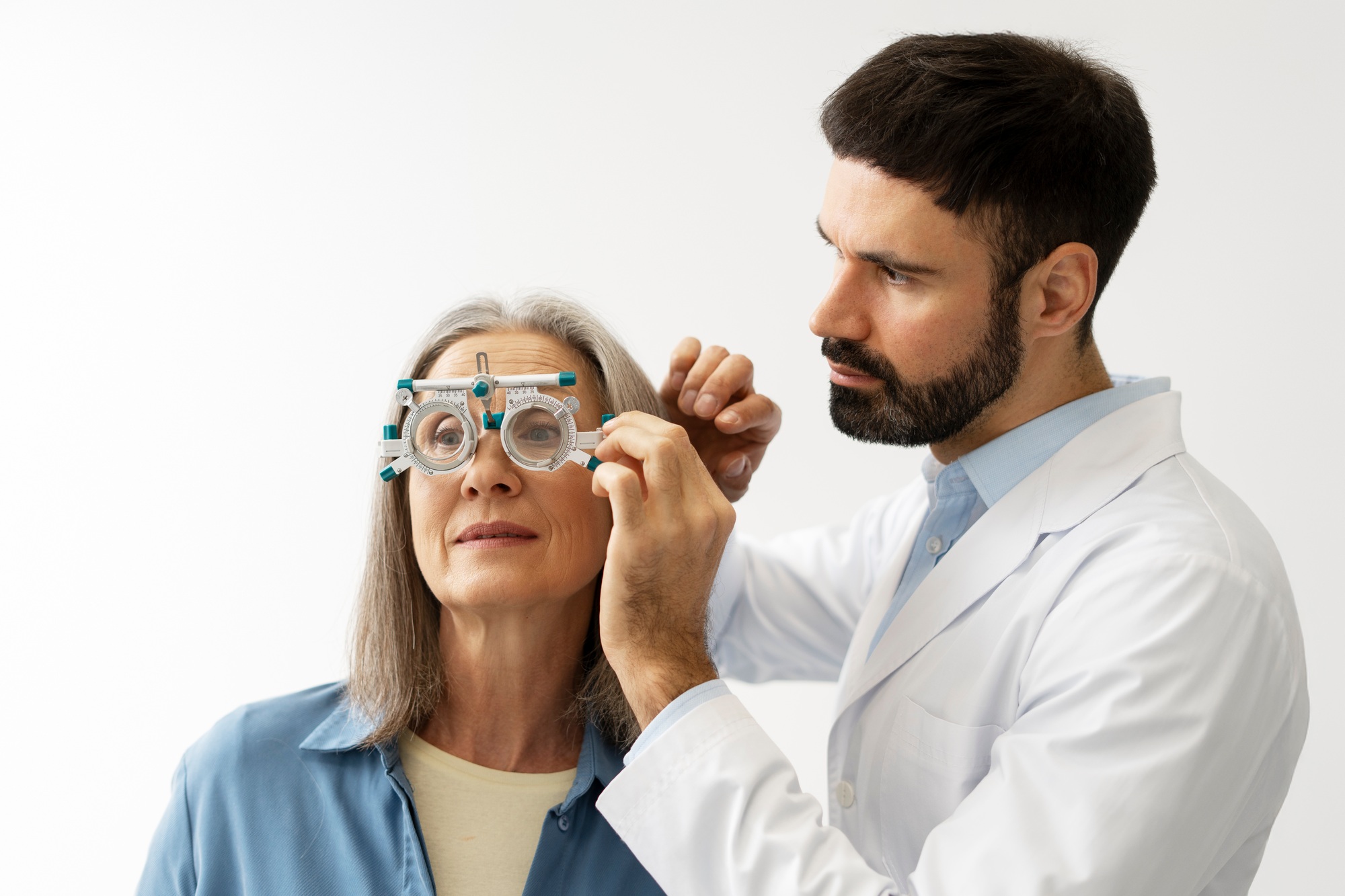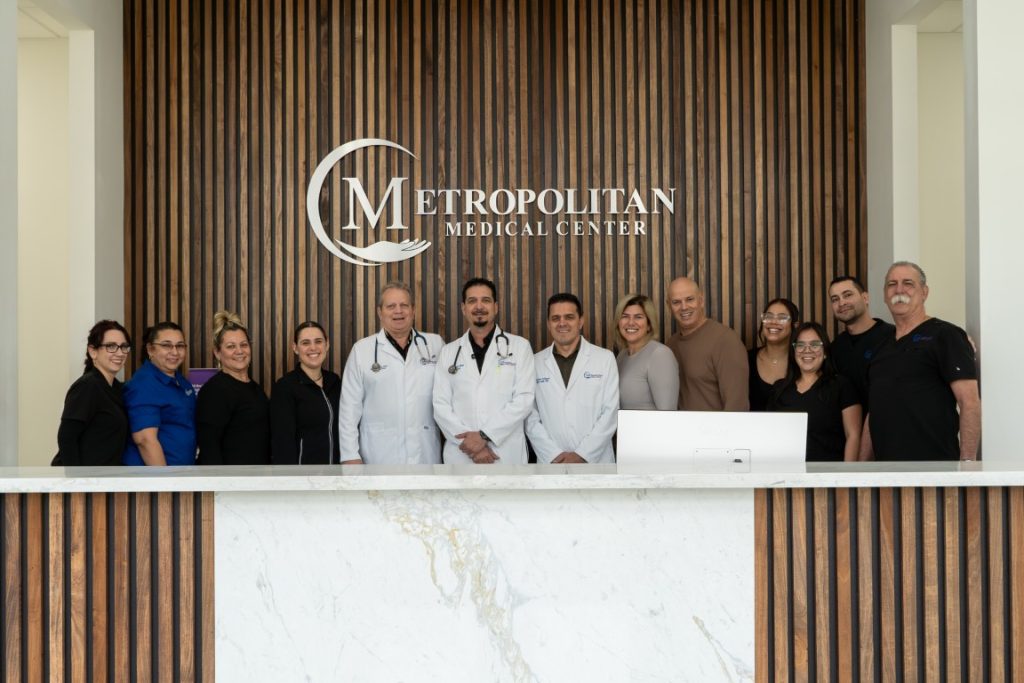9 Essential Facts for senior vision care Broward
September 24, 2025

Table of Contents
senior vision care Broward: what to do and when
If you’re researching senior vision care Broward, here’s what experts recommend: after age 65, get a comprehensive eye exam every 1–2 years even if you feel fine; if you have diabetes, get a dilated exam every year; and if you’re at high risk for glaucoma, Medicare Part B covers an annual test. Use this article to build your personal plan and connect it with your care at MMC in Tamarac. AAO+1





1) After 65, aim for a complete eye exam every 1–2 years
The American Academy of Ophthalmology recommends an eye exam every 1–2 years for adults 65+, even without symptoms—because subtle, treatable problems can be missed without dilation and a full check. AAO
2) Diabetes changes the rules: add a yearly dilated exam
For people with diabetes, a yearly comprehensive, dilated eye exam is key. Diabetic retinopathy may show no early symptoms; catching it early preserves sight. The NEI and CDC both emphasize annual dilated exams for diabetes. National Eye Institute+1
3) Glaucoma screening: when Medicare pays
Medicare Part B covers annual glaucoma screenings for people at high risk (for example, diabetes, family history, African American ≥50, or Hispanic ≥65). Covered tests include dilation + eye pressure measurement with ophthalmoscopy or slit-lamp exam. Medicare+1
4) Routine refractions vs medical eye care
Original Medicare generally doesn’t cover routine vision exams for eyeglasses/contacts (refractions). Medical eye care (glaucoma, cataracts, diabetic eye disease) is different and may be covered. Knowing the difference avoids billing surprises. Medicare
5) What a comprehensive dilated exam includes
A full exam evaluates visual acuity, eye pressure, and internal eye health after dilation—often the only way to detect glaucoma, macular degeneration, and diabetic retinopathy early. National Eye Institute+1
6) Your primary-care plan should talk to your eye-care plan
Vision, diabetes control, blood pressure, balance, and fall risk are connected. If you’ve had changes in balance or falls, ask your MMC primary-care team about a vision check and physical therapy evaluation—coordinated care prevents avoidable injuries.
7) When to go sooner than your calendar says
Book an eye visit right away if you notice new floaters, flashes, sudden blur, eye pain, halos, or curtains in your vision. Diabetes diagnosis (especially Type 2) should trigger a prompt exam; Type 1 warrants an exam within five years. CDC
8) Sunglasses and lens hygiene still count
Beyond exams, protect your eyes: UV-blocking sunglasses, clean hands and lenses, and screen breaks are CDC-backed habits that keep eyes healthy. CDC
9) Getting to the appointment in Broward
Transportation should never be the reason you skip eye care. TOPS! Paratransit offers door-to-door rides (with reservation rules), and ADRC Broward can point you to additional transportation resources. Broward County+2Broward County+2

How MMC supports senior vision care Broward
At Metropolitan Medical Centers, we integrate Vision Care with Primary Care, Diabetes Management, Therapy, Labs, and Pharmacy support—so your preventive plan and exam schedule actually happen. Ask us to sync your primary-care AWV schedule with your next comprehensive eye exam and, if needed, to help you check Medicare coverage for glaucoma screening.
Want help scheduling your comprehensive eye exam or checking glaucoma screening eligibility? Contact us at Metropolitan Medical Centers (Tamarac).
📞 Call us now at (954) 417-4499
📍 6510 N University Dr, Tamarac, FL 33321
Don't Hesitate To Contact Us
Reach out to Metropolitan Medical Centers for all your healthcare needs. Our dedicated team is ready to answer your questions, schedule appointments, and provide exceptional medical services. Your health and well-being are our top priorities. Contact us today!
General Questions
The American Academy of Ophthalmology recommends a comprehensive eye exam every 1–2 years for adults 65+, even if you have no symptoms.
Generally every year—more often if your eye doctor finds changes. The NEI notes some people with diabetic retinopathy may need exams as often as every 2–4 months. Medicare
No. Routine refractions/eye exams for eyeglasses aren’t covered by Original Medicare (some Medicare Advantage plans offer vision benefits). Medicare
High-risk individuals—those with diabetes, a family history of glaucoma, African Americans ≥50, and Hispanics ≥65—qualify for annual screenings. Medicare
After cataract surgery with an intraocular lens, Part B helps pay for one pair of glasses or contact lenses; otherwise, routine eyewear isn’t covered. Medicare
Visual acuity, eye pressure, and a dilated internal eye exam—critical for early detection of glaucoma, macular degeneration, and diabetic retinopathy. AARP



